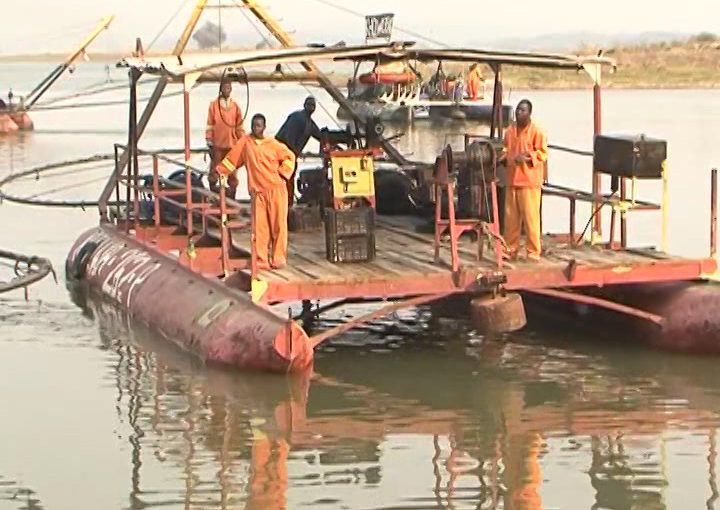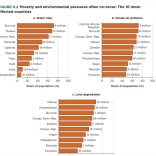Mozambique: Three arrested for attempt to sell a pangolin say they had two, ate one
Watch: Kapenta endangered as 92 vessels detected fishing illegally on Cahora Bassa reservoir – Mozambique

TVM
During the past year, the Sea, Inland Waters and Fisheries inspectorate has detected 92 vessels fishing illegally on the Cahora Bassa reservoir in Tete province. Nine of them were seized and are moored at the Nova Chicôa inspection post.
According to Abner Foia, interim provincial director of the Sea, Inland Waters and Fisheries, 50 of these vessels are being legalised, following a public tender launched for the purpose.
“This is the result of the work of a multi-sectoral monitoring team created to end illegal kapenta fishing, which seriously affects licensed operators,” he explained.
The public tender resulted in the selection of 17 companies, owning 50 vessels and operating in the Cahora Bassa, Mágoè and Zumbo districts.
“We are currently working with the owners of the remaining 42 vessels, including the nine moored at Nova Chicôa checkpoint, on legalisation, as we do not want them fishing illegally in the Cahora Bassa reservoir,” Foia said.
According to Foia, the illegal fishermen’s products and materials were also seized, as well as fines ranging from one to nine million meticais, payable in instalments, being imposed.
“This is because paying the fines all in one go is very onerous, so we give them this option. Those who do not join voluntarily get their cases handed over to the Tax Court for coercive collection. We have already referred ten of the 40 cases,” he added.
Illegal fishing for kapenta in Cahora Bassa, where there are 250 legal vessels, is carried out mainly by Congolese, Tanzanians, Zambians and Zimbabweans, and licensed operators warn of the possibility the catch collapsing in the not too distant future if illegal fishing continues.
Foia acknowledged that illegality is the subject of most of the kapenta fishermen’s complaints to Tete’s Sea, Inland and Fisheries sector, allegedly because it has contributed to low yields.
By way of example, the official said that last year the catch was only 6,969 tonnes, 41.5 less than in 2016 production, when it reached 11,915 tonnes.
“The low production was mainly caused by illegal fishing by unlicensed vessels. Thirty companies, with a total 117 vessels, also shut down because of breakdowns and collective vacations motivated by poor catches,” Foia said.
The use of mosquito netting to catch fish was another concern, as they pull infant fish into the catch.
The inspection team involves members of the Republic of Mozambique Police, Maritime Administration, migration, tourism, industry and commerce sectors, as well as the Ministry of the Sea, Inland Waters and Fisheries itself.












Leave a Reply
Be the First to Comment!
You must be logged in to post a comment.
You must be logged in to post a comment.